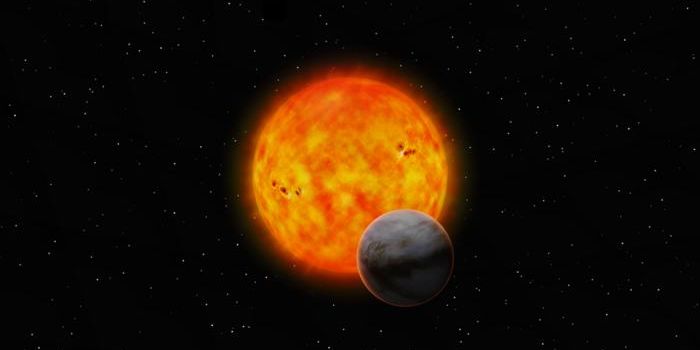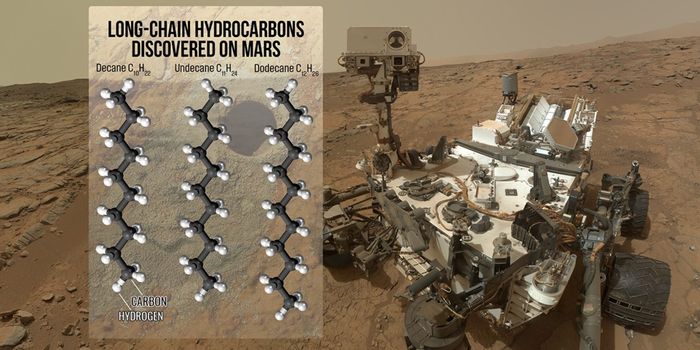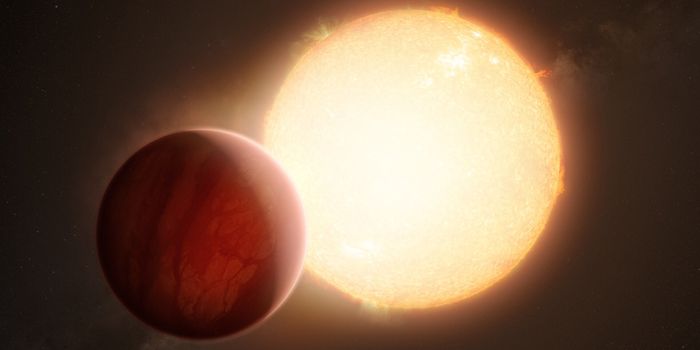Venus Never Had Oceans: New Study Rules Out Past Habitability
Did Venus have oceans in its ancient past and could they have supported life as we know it, or even as we don’t know it? This is what a recent study published in Nature Astronomy hopes to address as a team of researchers from the University of Cambridge investigated the climate history of Venus and whether it possessed liquid water oceans on its surface deep in its past. This study holds the potential to help scientists better understand past conditions on planetary bodies throughout the solar system and what this could mean for finding evidence of ancient life beyond Earth.
For the study, the researchers used computer models to estimate how fast the Venusian atmosphere is losing water, carbon dioxide, and carbonyl sulphide molecules, all of which are required to be replenished by volcanic gases so atmospheric stability can be maintained. Therefore, by studying how fast these molecules are leaving the atmosphere, scientists can estimate the amount of present and past volcanic activity on Venus, thus determining if Venus once had oceans of liquid water that might have supported life as we know it. In the end, the researchers determined that Venus is far too dry to have ever possessed bodies of liquid oceans on its surface.
“We won’t know for sure whether Venus can or did support life until we send probes at the end of this decade,” said Tereza Constantinou, who is a PhD student at Cambridge’s Institute of Astronomy and lead author of the study. “But given it likely never had oceans, it is hard to imagine Venus ever having supported Earth-like life, which requires liquid water.”
Along with helping scientists better understand the conditions for finding life within our solar system, Venus can also be used as an analog for better understanding how we can find life on exoplanets, as well. This is because while Venus and Earth are approximately the same size, both planets evolved in completely different directions, with Earth teeming with life while Venus remains a barren hellscape.
What new discoveries about the climate history of Venus will researchers make in the coming years and decades? Only time will tell, and this is why we science!
As always, keep doing science & keep looking up!
Sources: Nature Astronomy, University of Cambridge, ScienceDaily
Featured Image: Radar image of Venus. (Credit: NASA/JPL-Caltech)








